Malaria Returns to the U.S. for the First Time in 20 Years—How to Stay Safe
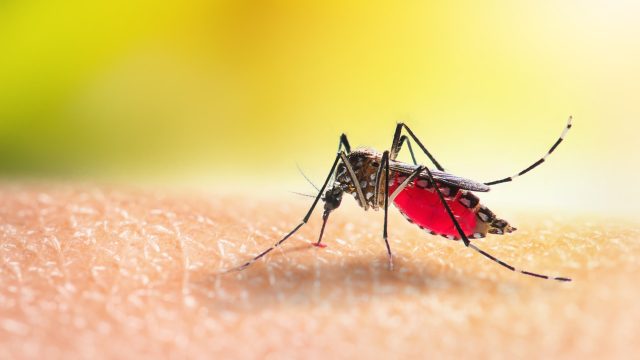
Those who’ve traveled to certain parts of the globe are likely familiar with malaria and its risks. The mosquito-borne illness sickened roughly 247 million people worldwide in 2021 and resulted in an estimated 619,000 deaths, according to the United Nations. But while the disease is uncommon in the U.S. thanks to domestic elimination, the Centers for Disease Control and Prevention (CDC) is warning that malaria has returned stateside with the first local infections reported in 20 years. Read on to see how you can stay safe.
READ THIS NEXT: New “Highly Contagious” Skin Infection Is Spreading, CDC Warns—How to Stay Safe.
Health officials just announced the first locally acquired malaria cases in the U.S. in two decades.
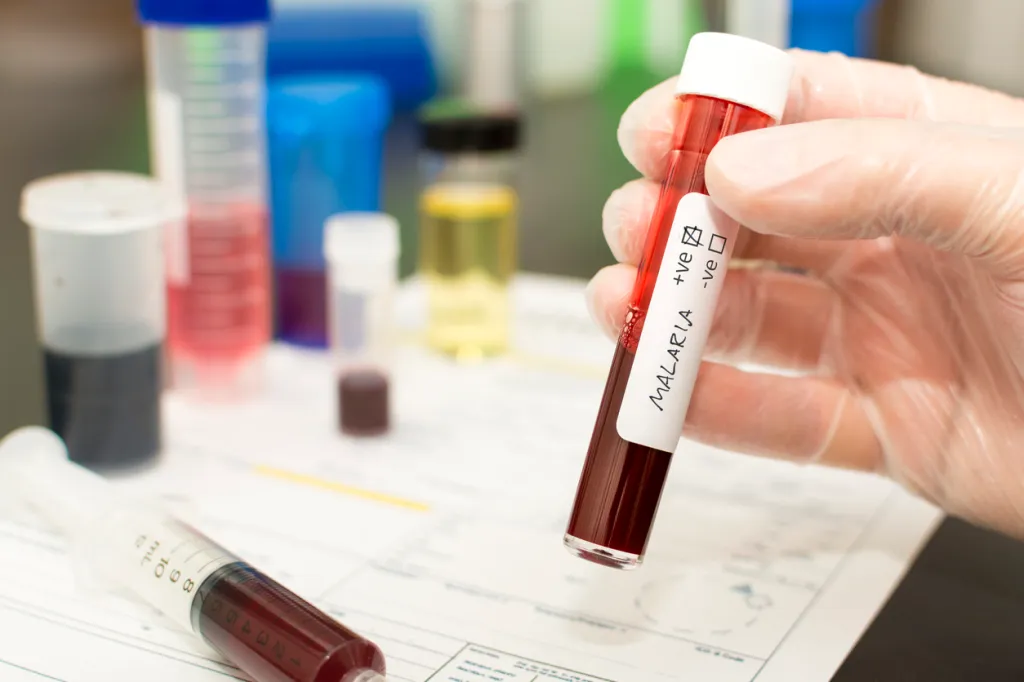
There might be a reason to apply some extra bug spray this summer. In a Health Alert Network (HAN) Health Advisory issued on June 26, the CDC announced that it had identified the first locally acquired malaria infections in the U.S. since 2003.
The disease is caused by a parasite spread by female Anopheles mosquitoes, per the CDC. It’s transferred to humans when the insects bite a person infected with malaria and then carries on to bite another. Otherwise, the disease is not contagious from person to person.
While roughly 2,000 cases of malaria are reported each year domestically, they’re typically connected to those who’ve traveled internationally to countries where the disease is expected, according to the CDC.
The disease was eliminated from the U.S. thanks to a national effort undertaken after World War II, but it remains one of the worst health crises globally to this day.
There have been five reported infections across two states.
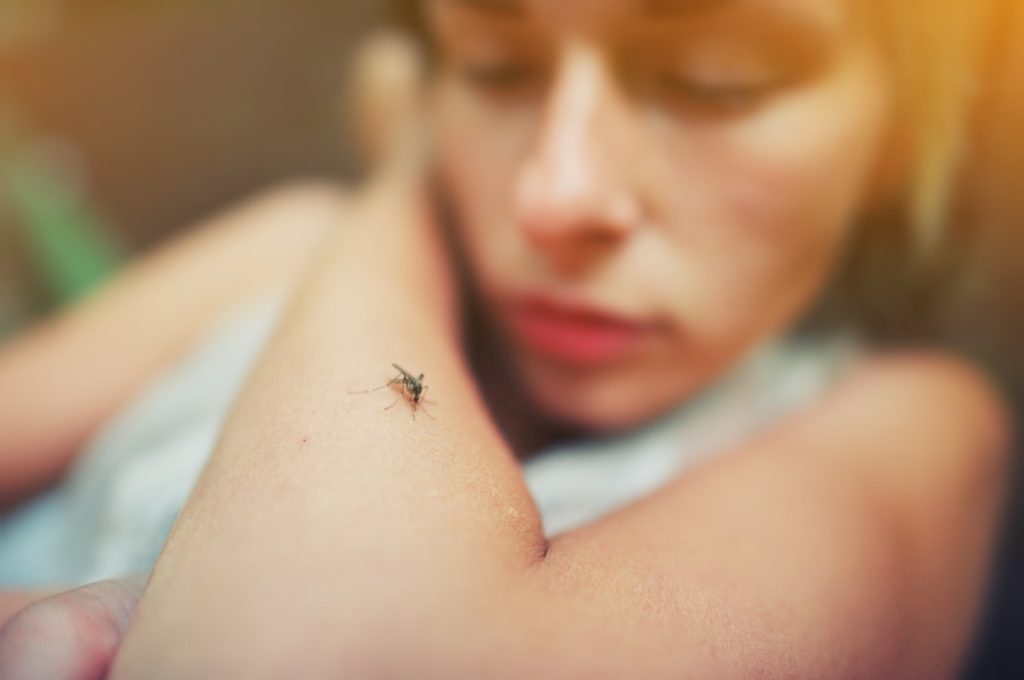
According to the CDC’s Health Advisory, there have so far been five locally acquired infections across two states within the last two months. Four of them were found in Sarasota County, Florida, per a release from the state’s health department. Officials say that all infected patients have since been treated and recovered, and that they are staying vigilant for any other cases in the area.
The fifth case was a lone infection reported in Cameron County, Texas, marking the first locally acquired case in the Lone Star State since 1994, according to a press release from the Texas Department of State Health Services (DSHS). Officials there are also monitoring for other potential cases and urging the public to stay mindful of mosquito exposure.
The last locally acquired malaria infections occurred 20 years ago. All four of those cases were reported in Palm Beach County, Florida, per the CDC.
RELATED: For more up-to-date information, sign up for our daily newsletter.
Malaria can make people “very sick” and cause severe illness in others, the CDC warns.
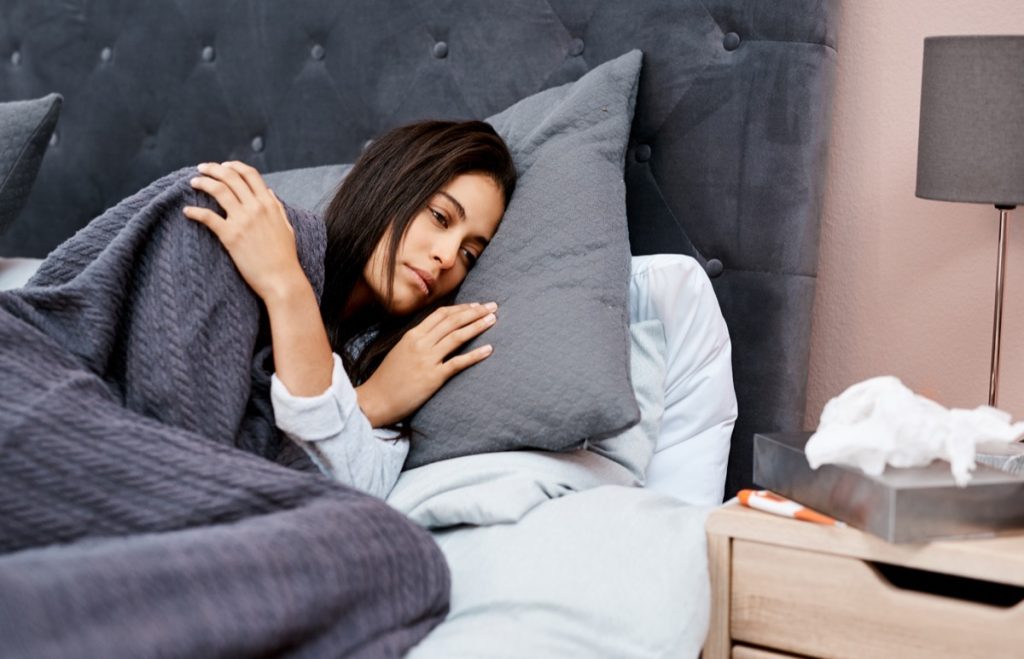
Even though the CDC says the risk of becoming infected remains “extremely low in the United States,” it’s urging doctors in areas where malaria may spread to stay vigilant for any new possible cases.
The agency says that symptoms for most people begin 10 days to four weeks after infection. These typically include fever and flu-like symptoms such as chills, “headache, muscle aches, and tiredness,” as well as nausea, vomiting, and diarrhea in some cases.
While treatment against malaria is usually effective, waiting too long or improperly treating it after misdiagnosis can lead to a much more severe illness. Patients can eventually experience kidney failure, seizure, mental confusion, coma, and potentially death.
“Malaria is a medical emergency and should be treated accordingly,” the CDC wrote in its Health Advisory. “Patients suspected of having malaria should be urgently evaluated in a facility that is able to provide rapid diagnosis and treatment, within 24 hours of presentation.”
READ THIS NEXT: 4 Soaps and Scents That Repel Mosquitoes, Experts Say.
Here’s how to protect yourself from malaria.
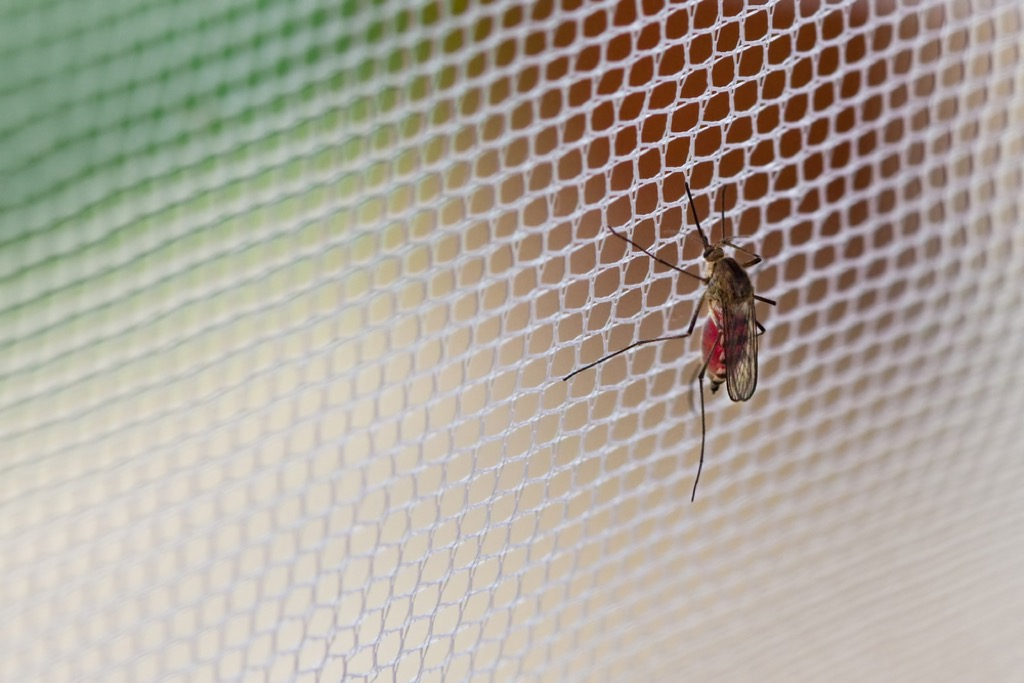
The CDC is now urging the public to take some precautions as it has “concern for a potential rise in imported malaria cases associated with increased international travel in summer 2023.” This is especially true in areas where warmer climates allow Anopheles mosquitoes to survive the entire summer and potentially continue spreading the parasite.
The agency says protecting yourself from mosquito bites will stop the spread of the infection. This means using certain inspected and approved insect repellants that include the active ingredients DEET, picaridin, IR3535, oil of lemon eucalyptus, para-menthane-diol (PMD), or 2-undecanone. In addition, you should wear loose-fitting, long-sleeved shirts and pants to cover your skin.
It’s also important to install or repair screens on your windows at home and to use air conditioning when possible. The agency advises draining any standing water on your property that might facilitate mosquito reproduction by turning over or covering items such as buckets, planters, tires, birdbaths, flowerpots, trash receptacles, or pools.
The CDC recommends that anyone traveling to an area where malaria is prevalent should talk to their doctor about the necessary precautions ahead of time, including about which preventative medicines they may need. Anyone who develops symptoms should seek medical attention and tell their healthcare provider where they have recently traveled.